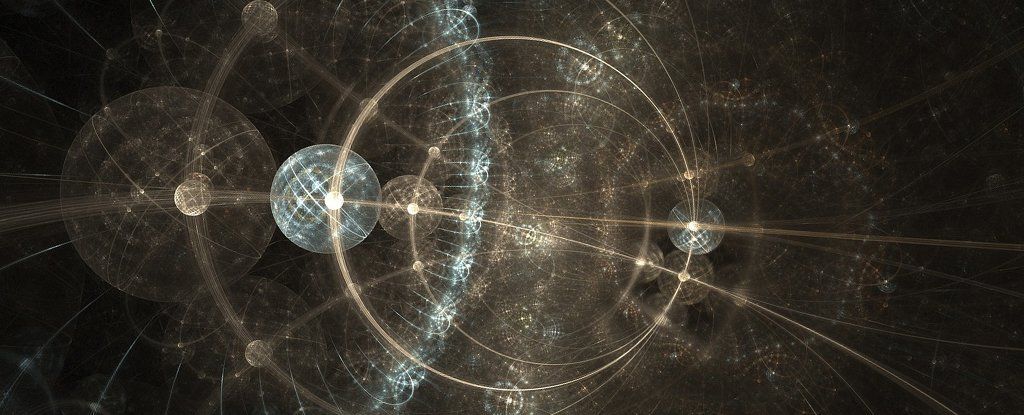Researchers say those who drink 2 or 3 cups of coffee daily have 6 to 18% lower risk of death, depending on various factors.
(A look back at the best of 2017)


Summary: Health organizations recommend keeping high cholesterol levels in check to be healthier. [Author: Brady Hartman – This article first appeared on the website LongevityFacts.]
High cholesterol levels are a silent killer that significantly increases the risk of stroke, kidney disease heart attack, and death. Cholesterol builds up the insides of artery walls, blocking the arteries that feed the brain, heart, kidneys. Treatment is efficient and inexpensive, yet many people walk around with high cholesterol levels, needlessly letting it steal years from their lives.


An idea for an experiment that could unite the stubborn fields of quantum mechanics and general relativity has been given new life by two groups of physicists from the UK.
The fact that quantum theory doesn’t play well with gravity is a massive stumbling block in physics, one that has long eluded some of the greatest minds in science.
Quantum mechanics is the modelling of discrete particles as probabilities that don’t truly exist until we’ve nailed down a measurement. Not that quantum physics is vague – a century of testing has made it one of the most robust theories in science.

Acoustic tractor beams use the power of sound to hold particles in mid-air, and unlike magnetic levitation, they can grab most solids or liquids. For the first time University of Bristol engineers have shown it is possible to stably trap objects larger than the wavelength of sound in an acoustic tractor beam. This discovery opens the door to the manipulation of drug capsules or micro-surgical implements within the body. Container-less transportation of delicate larger samples is now also a possibility and could lead to levitating humans.
Researchers previously thought that acoustic tractor beams were fundamentally limited to levitating small objects as all the previous attempts to trap particles larger than the wavelength had been unstable, with objects spinning uncontrollably. This is because rotating sound field transfers some of its spinning motion to the objects causing them to orbit faster and faster until they are ejected.
The new approach, published in Physical Review Letters today, uses rapidly fluctuating acoustic vortices, which are similar to tornadoes of sound, made of a twister-like structure with loud sound surrounding a silent core.

“Friday morning, David Tran, co-founder and CTO of PR-software startup Upbeat, did just that. Tran built and published a Chrome extension called On The Blockchain in around 15 minutes. Subtitle: “Everything is better on the blockchain.””

“The historic Hearst cattle ranch has become a hybrid solar farm for Apple’s Cupertino campus.”